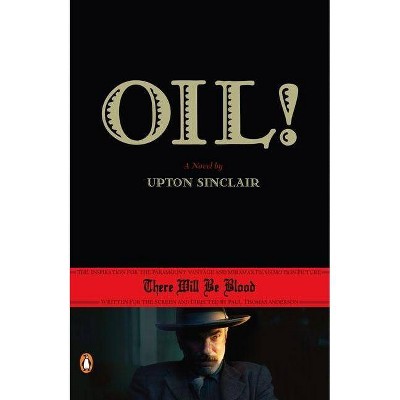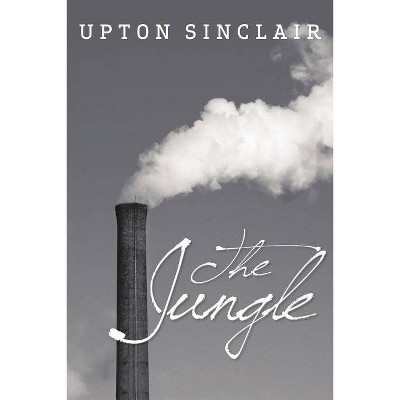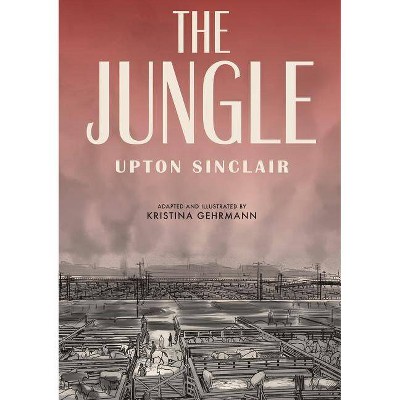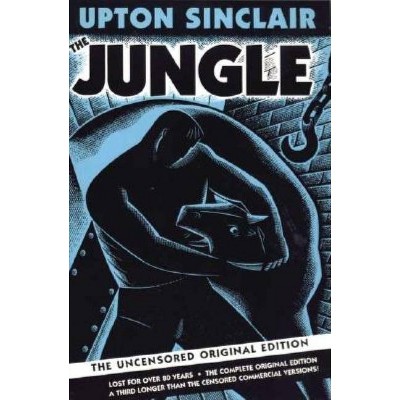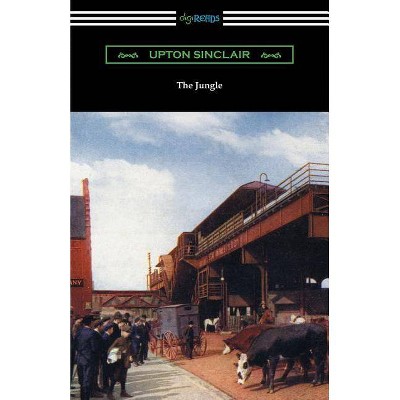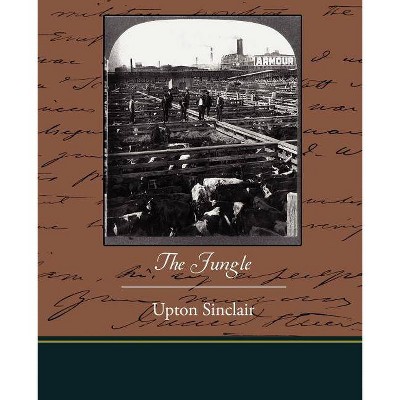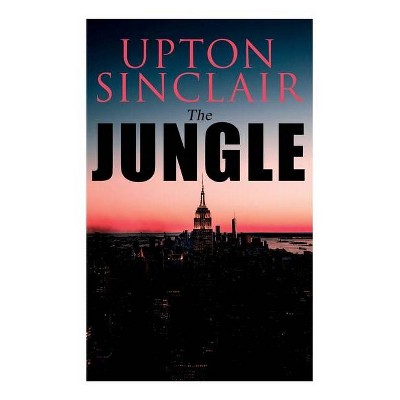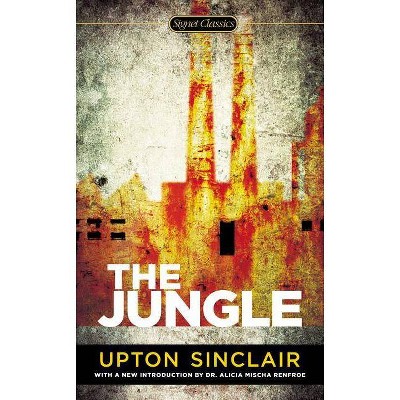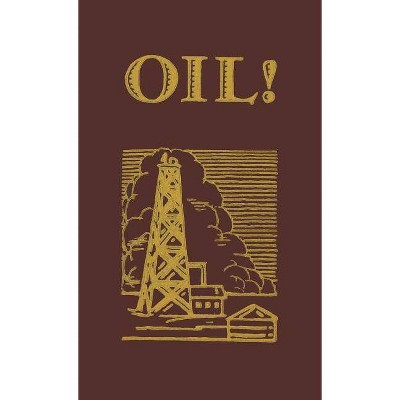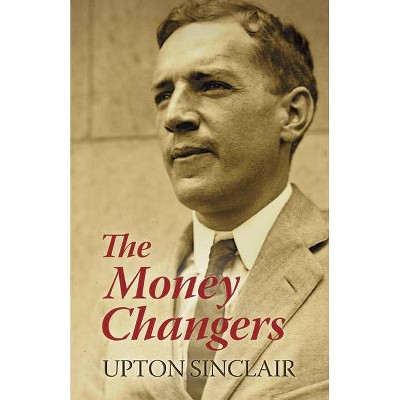King Coal (Heathen Edition) - by Upton Sinclair (Paperback)
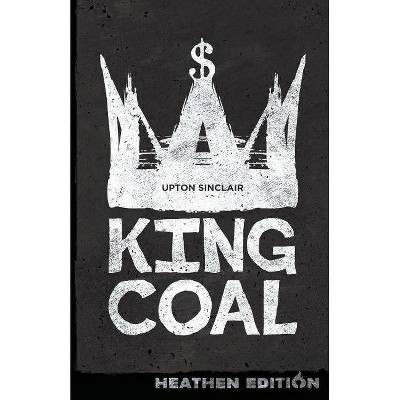
Similar Products
Products of same category from the store
AllProduct info
<p/><br></br><p><b> About the Book </b></p></br></br>The fuse is lit in Upton Sinclair's King Coal when Hal Warner organizes a strike to help struggling coal miners unionize, leading to an explosive climax.<p/><br></br><p><b> Book Synopsis </b></p></br></br><p><strong>Upton Sinclair</strong> (1878-1968), "a self-described socialist propagandist," was an American writer who wrote nearly one hundred books and other works in several genres. Sinclair's work was well known and popular in the first half of the twentieth century due to his desire to expose what he referred to as "the 'wage slavery' of workers," acquiring particular fame for his classic muckraking novel, <em>The Jungle</em> (1906), which exposed labor and sanitary conditions in the U.S. meatpacking industry, causing a public uproar that contributed to the passage of the 1906 Pure Food and Drug Act and the Meat Inspection Act. After hearing of the deadly Colorado Fuel and Iron strike, also known as the Ludlow Massacre on April 20, 1914, a strike identified as "one of the most grueling, longlasting industrial conflicts in the history of the United States," Sinclair focused his attention on the coal mining industry with <em>King Coal</em>, resulting in what scholar R.N. Mookerjee refers to as a "very successful and effective fusion of journalistic excellence and creative imagination," and believes it "is undoubtedly one of Sinclair's more artistic achievements."</p><p/><br></br><p><b> Review Quotes </b></p></br></br><br><p>"<em>King Coal</em> is to the mining world what Sinclair's <em>The Jungle</em> is to the meat-packing industry." -<em>Library Journal</em></p><p>"Better than <em>The Jungle</em>, progresses swiftly, with many dramatic situations and a constant flow of incidents." -<em>New York Times</em></p><p>"<em>King Coal</em> is perhaps as fine a labor novel as could be written . . . a brilliant success." -Floyd Dell, <em>Upton Sinclair: A Study in Social Protest</em></p><p>"Undoubtedly impressive, a masterly delineation." -<em>New York Tribune</em></p><p>"Nothing so brilliant and thrilling for many a day." -<em>Chicago News</em></p><p>"The technology in the novel moves with the muscles of men and mules. But aside from changes in technology, too much of what Sinclair writes about remains a problem in mines today." -Susan Williams, <em>Charleston Gazette-Mail</em></p><p>"It is seldom that truths concerning conditions in coal mines are brought to light in so readable and popular a form as Mr. Sinclair's novel." -Hazel Wilkinson, <em>Social Thought in American Fiction</em></p><p>"I wish that every word of it could be burned deep into the heart of every American." -Adolph Germer</p><p>"Sinclair's achievement was impressive . . . He saw through the lies of his era and exposed a world long hidden from view. He showed compassion for the weak and the poor, the powerless and the despised . . . He fueled anger at injustice." -Eric Schlosser</p><p>"When people ask me what has happened in my long lifetime I do not refer them to the newspaper files and to the authorities, but to [Sinclair's] novels." -George Bernard Shaw</p><br>
Price History
Price Archive shows prices from various stores, lets you see history and find the cheapest. There is no actual sale on the website. For all support, inquiry and suggestion messagescommunication@pricearchive.us
